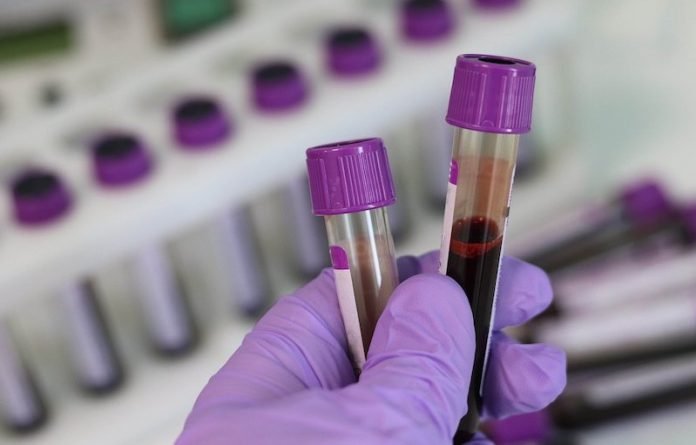
In a study from HSS Research Institute, scientists found a mechanism by which SARS-CoV-2 induces the inflammatory response in COVID-19 patient lungs, so-called “cytokine storm”, that can lead to lasting tissue damage and poor patient outcomes.
In the study, the team looked at lung tissue samples and bronchoalveolar lavage from COVID-19 patients.
They outlined what controls the cytokine storm by lung-infiltrating macrophages, as these cells are not efficiently infected by SARS-CoV-2.
The team found that an immune cell type, called plasmacytoid dendritic cells (pDCs), are infected by SARS-CoV-2 and produce interferons that can provoke epigenetic changes in the nearby macrophages in the lungs of patients.
Hence, this priming of macrophages by interferons leads to their exacerbated response to environmental stimuli, inducing the cytokine storm in the lungs of COVID-19 patients.
This is surprising as interferons and pDCs have been demonstrated to protect patients infected by SARS-CoV-2—but this new research uncovers that they can also provoke damaging cytokine storms.
The team says there is still a lot they don’t know about the pathogenesis of COVID-19, and why macrophages can produce these cytokine storms that can have such dramatic consequences for patients.
They hope that this research will bring us closer to that understanding and will lead to better treatment options for patients with severe COVID-19.
If you care about COVID, please read studies about zinc that may help prevent severe COVID-19, and you’re 1,000 times more likely to get COVID from air than from surfaces.
For more information about COVID, please see recent studies about common heartburn drug that may help treat COVID-19, and results showing vitamin D could effectively determine severity of COVID-19 infection.
The study was conducted by Dr. Franck J. Barrat et al and published in Science Immunology.
Copyright © 2022 Knowridge Science Report. All rights reserved.



